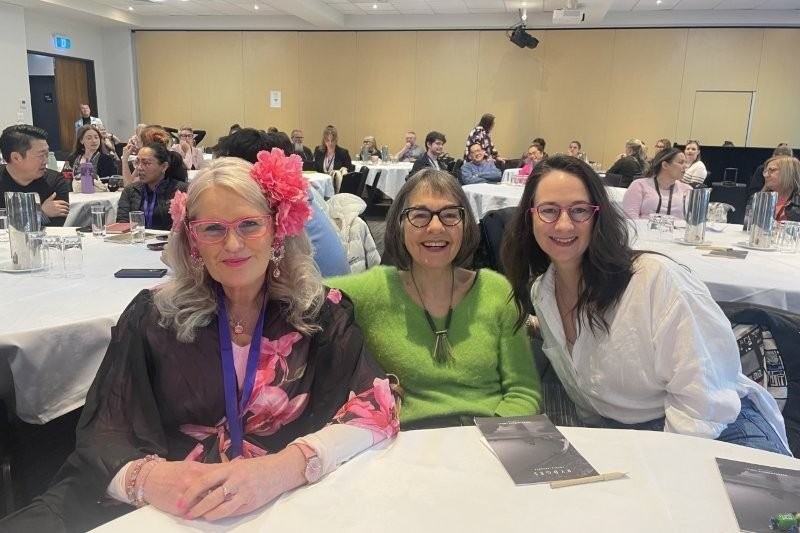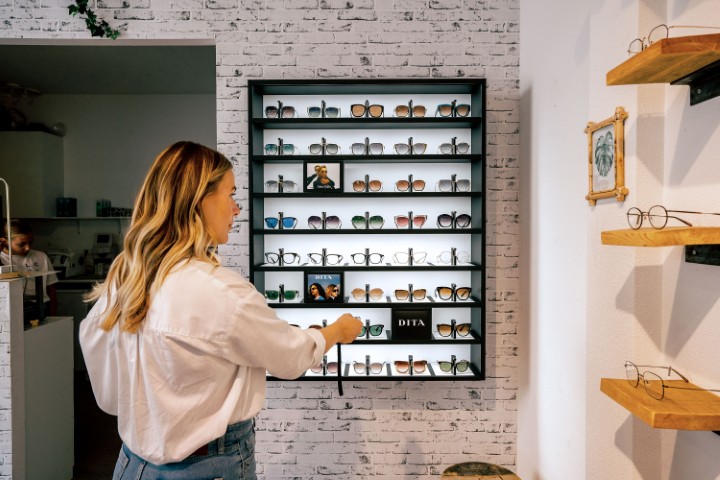Overcoming the challenges of dispensing in a difficult economy
The desire to care for vision and enable patients to see to the best of their ability is at the heart of why most of us are working in the optical industry. Good vision isn’t just about clarity, it’s about enhancing quality of life – whether it's reading a book, driving safely or simply enjoying a beautiful sunset.
As dispensing professionals, we believe that everyone deserves to experience life with clarity and confidence.
Working at Specsavers, we take pride in being the “value champion” making the best quality eyecare accessible and affordable to everyone and, in tough economies, we are well set up to ensure people can prioritise their eye health.
The stark reality of today’s economic pressures can mean many patients visiting their optometrist are concerned that the purchase of a new optical solution has become unobtainable.
Currently the optics industry is seeing patients who are often anxious or embarrassed about the cost of updating their prescription, some simply choosing to go without, even if that means they are not achieving the best visual outcome possible. While the thought of this can be disheartening for a dispenser – whose passion and purpose is to match patients with optimal vision solutions – we should remind ourselves that the priority is the patient’s eye health, which is looked after in the eye examination. After that, we can work with the optometrist and the patient to ensure optical solutions are in line with the needs presented.
Navigating a conversation in this space can be challenging; however, it is important that we approach these with compassion and understanding. For patients who could be hesitating on updating their prescription due to financial pressures, we should listen and acknowledge their concerns and find solutions that make them feel heard and valued. Sometimes people need time to articulate their feelings or won’t be forthright in explaining their financial restrictions, so try not to rush the conversation or push for immediate solutions.
Previously, your patient may have chosen premium frames and lenses, but since then their financial situation has changed. They may think costs will be equal to, if not more than, their last visit, and this can be off-putting. For many who can no longer afford to spend as much as last time, the situation could lead them to feeling frustrated and defeated.
This is where dispensing professionals can actively help find a solution; our discussions should focus on the benefits of each product and its features. With various optical solutions available at a range of costs, the patient is able to feel listened to, have an excellent experience and leave with a product that meets their needs.
Other key points to discuss at this time are:
- Your practice warranties and guarantees to give people confidence in their purchase
- Clarification of unique selling points to help give peace of mind
- Any eco-friendly options that could be a significant value point for environmentally conscious patients
- Explain the importance of a tailored fit for all-day comfort, which is available with spectacles at all price ranges.
Maintaining a patient-first approach ensures that every decision – whether it’s recommending a lens type or selecting a frame – is made with the patient’s best interests in mind. Even when budgets are tight, it is still our role to help people understand the solutions available to them. By building trust and demonstrating genuine care, dispensing professionals can foster strong, lasting relationships with their patients.

Hallie McCloy is a registered dispensing optician, with a keen focus in myopia management and paediatric dispensing. She is director of Specsavers Hornby and a Specsavers New Zealand partner in training and development.
























